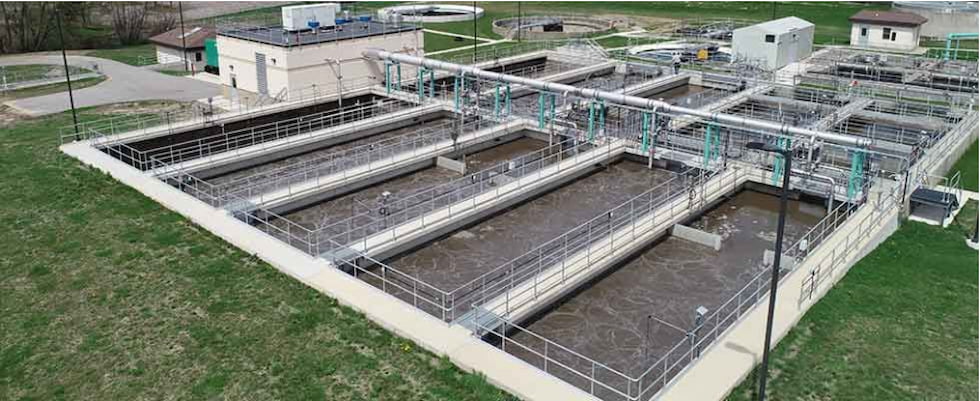
A panel conducted by the Water Environment Federation (WEF) concluded that occupational risk of COVID-19 infection for wastewater workers was low. Also, the panel determined that standard wastewater treatment processes inactivate the virus and there should be more research done to understand hazards and personnel protections.
WEF brought together a panel of 16 experts from the water/wastewater sector beginning in April. Earlier in August, it released this 114-page document: Protecting Wastewater Professionals From COVID-19 and Other Biological Hazards.
Some key findings from the study include:
- Although the virus’ RNA has been detected in untreated wastewater, no reports so far have shown viable or infectious forms of the virus in wastewater because living host cells are required for this virus to reproduce.
- Using proper personal protective equipment (PPE) and hygienic practices can protect workers from virus exposure, according to the report.
- More research is needed, including an epidemiological study of infectious disease incidence among wastewater and collection system workers, along with a study to characterize respiratory exposure for typical tasks performed by workers in WRRFs and collection systems.
“While new information continues to emerge on COVID-19, the important work of the WEF blue-ribbon panel should serve to reassure wastewater workers that they can protect their health by following the appropriate safety protocols and being strict about the use of personal protective equipment,” said Andrew Sanderson, Ph. D., who was hired as the first Chief Medical Officer by WEF in June.

